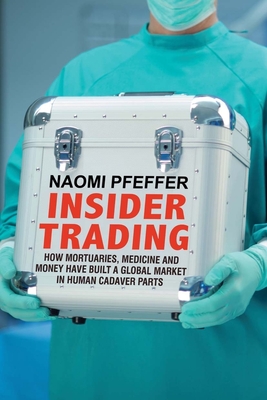Expedite your nonfiction book discovery process with Readara interviews, summaries and recommendations, Broaden your knowledge and gain insights from leading experts and scholars
In-depth, hour-long interviews with notable nonfiction authors, Gain new perspectives and ideas from the writer’s expertise and research, Valuable resource for readers and researchers
Optimize your book discovery process, Four-to eight-page summaries prepared by subject matter experts, Quickly review the book’s central messages and range of content
Books are handpicked covering a wide range of important categories and topics, Selected authors are subject experts, field professionals, or distinguished academics
Our editorial team includes books offering insights, unique views and researched-narratives in categories, Trade shows and book fairs, Book signings and in person author talks,Webinars and online events
Connect with editors and designers,Discover PR & marketing services providers, Source printers and related service providers

Insider Trading: How Mortuaries, Medicine and Money Have Built a Global Market in Human Cadaver Parts
Medical > Ethics
- Yale University Press
- Hardcover
- 9780300118551
- 9.3 X 6.1 X 1.5 inches
- 1.7 pounds
- Medical > Ethics
- (Single Author) Asian American
- English
Readara.com
Book Description
Except for organ transplantation little is known about the variety of stuff extracted from corpses and repurposed for medicine. A single body might be disassembled to provide hundreds of products for the millions of medical treatments performed each year. Cadaver skin can be used in wound dressings, corneas used to restore sight. Parts may even be used for aesthetic enhancement, such as liquefied skin injections to smooth wrinkles.
This book is a history of the nameless corpses from which cadaver stuff is extracted and the entities involved in removing, processing, and distributing it. Pfeffer goes behind the mortuary door to reveal the technical, imaginative, and sometimes underhanded practices that have facilitated the global industry of transforming human fragments into branded convenience products. The dead have no need of cash, but money changes hands at every link of the supply chain. This book refocuses attention away from individual altruism and onto professional and corporate ethics.
Author Bio
Formerly Professor of Applied Social Science at London Metropolitan University, Dr. Naomi Pfeffer writes about history, social policy, and medical ethics. She has a longstanding interest in women’s experience of infertility and the politics of reproductive medicine and has written extensively on the subject.
Her publications include The Stork and the Syringe: Political History of Reproductive Medicine (Polity, 1993) and The Experience of Infertility(co-authored with Anne Woollett, Virago, 1983), among many other pieces for the scholarly community and mainstream media.
Source: Yale University Press
Videos
No Videos
Community reviews
No Community reviews

